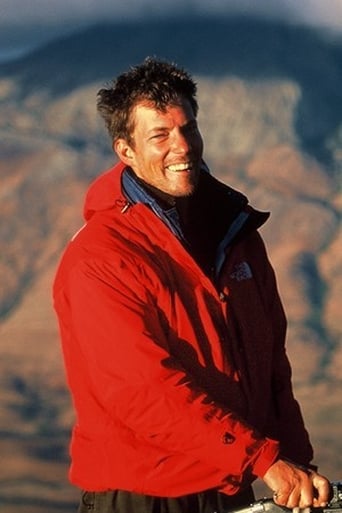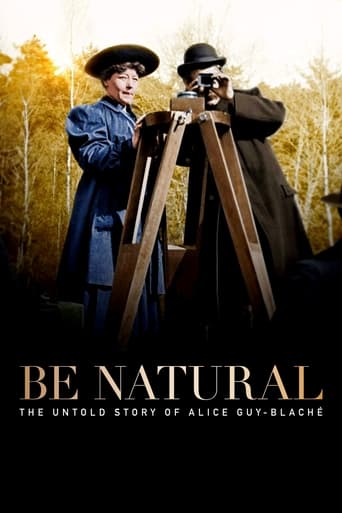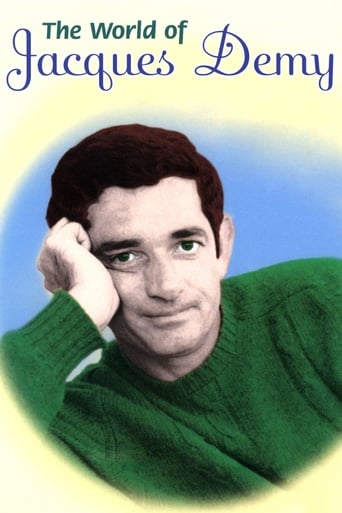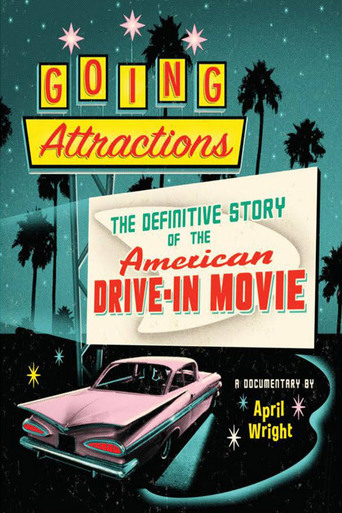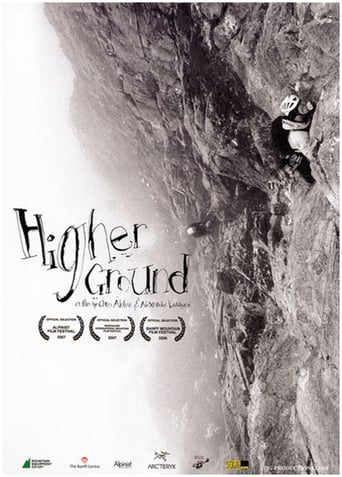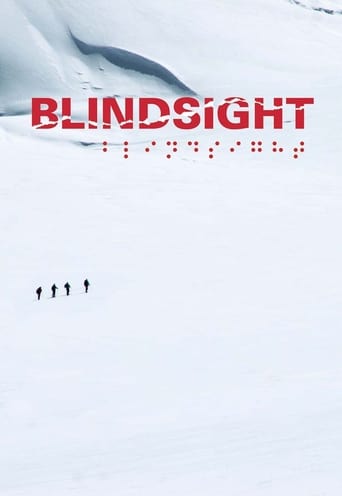

Blindsight - Vertraue Deiner Vision (2006)
Six blind Tibetan teenagers climb the Lhakpa-Ri peak of Mount Everest, led by seven-summit blind mountain-climber Erik Weihenmayer.
Watch Trailer
Cast
Similar titles

Reviews
Better Late Then Never
I like movies that are aware of what they are selling... without [any] greater aspirations than to make people laugh and that's it.
It’s sentimental, ridiculously long and only occasionally funny
I didn’t really have many expectations going into the movie (good or bad), but I actually really enjoyed it. I really liked the characters and the banter between them.
Just got out and cannot believe what a brilliant documentary this is. Rarely do you walk out of a movie theater in such awe and amazement. Lately movies have become so over hyped that the thrill of discovering something truly special and unique rarely happens. Amores Perros did this to me when it first came out and this movie is doing to me now. I didn't know a thing about this before going into it and what a surprise. If you hear the concept you might get the feeling that this is one of those touchy movies about an amazing triumph covered with over the top music and trying to have us fully convinced of what a great story it is telling but then not letting us in. Fortunetly this is not that movie. The people tell the story! This does such a good job of capturing every moment of their involvement while we enter their world and feel every second with them. There is so much beyond the climb that makes everything they go through so much more tense. Touching the Void was also a great doc about mountain climbing and showing the intensity in an engaging way but this film is much more of a human story. I just saw it today but I will go and say that this is one of the best documentaries I have ever seen.
Before seeing this, I was put off by the subject matter, but this is not your average triumph over adversity story. Although this is technically about blind Tibetan kids climbing Mt. Everest, there is so much more to it. This movie shows the very strong, often contradictory personalities of two highly accomplished blind adults leading the children, Erik and Sabriye. Erik is an American blind mountain climber/athlete and Sabriye is a blind German academic who started a school in Lhasa Tibet. They are both exceptional in their own ways, but disagree on what will really build confidence in the kids. Erik wants them to reach the summit while Sabriye wants them to enjoy Erik as a role model and take pleasure in moment. The nuances are complicated and one walks away not really being sure who was right or if the whole climb was a mistake or a great idea. The most profound scenes are with the Tibetan children themselves and the hardships they faced before finding their way to the school. The most moving for me was the story of Tashi, a frail teenager who grew up on the streets after his parents abandoned him. I could watch a whole movie on his life and was happy to learn that thanks to the school, he is now running a successful small business with some of his fellow students. If you liked Spellbound or Murderball, you will love this.
I saw this film at the Toronto International Film Festival. I loved this, and not just for the obvious reasons. Blindsight is a documentary about a group of blind Tibetan teenagers who attempt to climb one of Mount Everest's sister peaks. Now, this kind of thing is usually a can't miss. Inspirational. Moving. Pretty standard, right? And even if the film were just that, I'd still have liked it. But it was so much more. Blind herself, German Sabriye Tenberken established a school for blind children in Tibet, in a culture that sees blindness as a curse, as evidence that a person did bad things in a previous life. Many of the children at the school have been shunned their whole lives, and at best, are a burden to their families. As part of their education, Tenberken shares with them the story of American Erik Weihenmayer, the first blind person to reach the summit of Mount Everest. She sends him a letter inviting him to come and visit her students. Instead, he comes up with a plan. He'll arrange an expedition for them to climb 23,000 foot Lhakpa Ri and provide all the guides and equipment. Sabriye finds six willing participants and this is when the fun starts.Erik's team are mostly American, mostly male, and mostly sighted. As experienced mountaineers, they're Type-A personalities, very gung-ho and goal-oriented. Sabriye is European, female, and blind, and the students for her are more than a "project," no matter how well-intentioned. Additionally, the students are Tibetan, and not old enough or confident enough to always stand up for themselves. As the expedition unfolds, they become pawns in between the two adult "sides," wanting to please both, while at the same time wanting to gain the confidence that comes from accomplishment. As an additional obstacle (other than being blind, that is), they are speaking English as a second or in most cases, a third language, and struggle to understand and make themselves understood.When it turns out that none of the students have any climbing experience, and that some are much more coordinated than others, it begins to unravel Erik's original plan for them all to reach the summit together. As both students and teachers begin to suffer the effects of high altitude, decisions must be made as to whether to continue on or to send some down the mountain. Among the effects of high altitude is increased irritability, and you can see how this feeds the conflict between the adults. At the risk of oversimplifying, on one side are those for whom the destination is all, and on the other are those who just want to enjoy the journey. I won't tell you how it all turns out, except to say that this was one of the most surprising and thought-provoking stories I've seen in a long time.The film also weaves bits of each climber's story into the narrative, and this was sorely needed, since once on the climb, the kids tended to keep their heads down and their mouths shut. With all the drama going on around them, that wasn't surprising. The backstories are by turns charming and heartbreaking, and I found it very strange that I found myself closer to tears at the beginning of the film than at the end. This was contrary to my expectations, and another pleasant surprise.In addition to all the human drama to cover, director Walker and her small crew had to contend with the frigid and oxygen-deprived conditions herself, lugging equipment up the mountains and hoping it wouldn't break down. As with all great documentaries, the filmmaker was just lucky enough (or smart enough, or prepared enough) to be at the right place at the right time, and she's captured a very special story that has as much to say about people who want to do "what's best for the kids" as it does about the kids themselves.
"Not sure about this" that is the feeling I get after seeing this documentary. The film follows the mountaineering trip of 6 blind Tibetian kids, from a school ran by a German girl of similar handicap. The trip was inspired by an American who also lost his sight but conquered Everest. The film also provided some background of the 6 kids and the stigma attached to the blind in that region of the world.The reason of the "Not so sure" feeling stems from seeing the total unorganized efforts from the adults, the lack of establishing a common goal BEFORE the trip. Sure there is a time line, there is limited resources, ..etc. But physical and mental goals should be the first thing in planning.This eventually led to conflicts, and even possible endangering the lives of these kids. The kids seem almost pawns in a game of the adults, sighted or not, experience or not. And lastly, personally, I wish the film would have spent more time with the kids.
